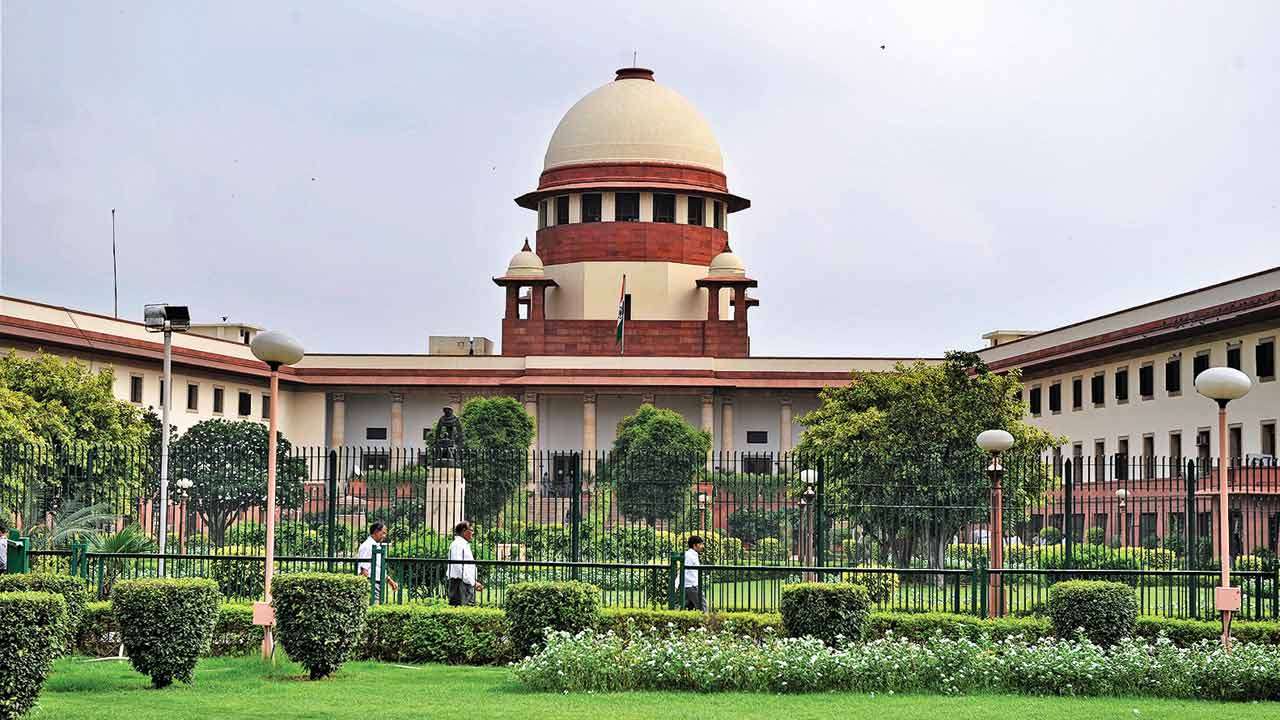The Kerala government had issued an ordinance to the apex court to legalise the admissions of round 180 medical students which was finally scrapped by the Supreme Court on Wednesday. The Kerala Medical Education (Regulation and Control of Admission to Private Medical Institutions) Ordinance 2017, expanded by the Governor of Kerala on July 10, 2017, provided for the ‘regulation of admission and fixation of fee’ in private medical institutions in the state of Kerala.
In March 2017, the court had cancelled the admission of the 180 students, admitted in 2016-’17, after the State Admission Supervisory Committee for Professional Colleges had reported “discrepancies in the admission process”. The government was directed to expel the students – 150 from Kannur Medical College and 30 from Karuna Medical College in Palakkad, these were the two main colleges where the issue was pertaining. The state government, on the other hand, supported the idea of the ordinance on October 20th last year which was followed by the state assembly to unanimously pass the bill to replace the ordinance.
The bench headed by the Justices Arun Mishra and Indu Malhotra have struck down the ordinance as “ultra vires” (or beyond the legal power of the state government). The court in its judgment observed that the ordinance was an “abuse of process” and “an attempt to interfere with the judiciary’s powers”.
Challenging the ordinance, the Medical Council of India had approached the Supreme Court. The Council, represented by senior advocate Vikas Singh and advocate Gaurav Sharma, argued that ‘…the ordinance negates the principle of equality and equal protection of laws…’ in as much as there would be no difference in illegal admissions made by the two colleges and other admissions made in accordance with law.
The Medical Council of India was seeking an immediate stay of the ordinance which said that “the Legislature in exercise of its legislative powers cannot strike down any judgment or decision passed by the constitutional courts”.

